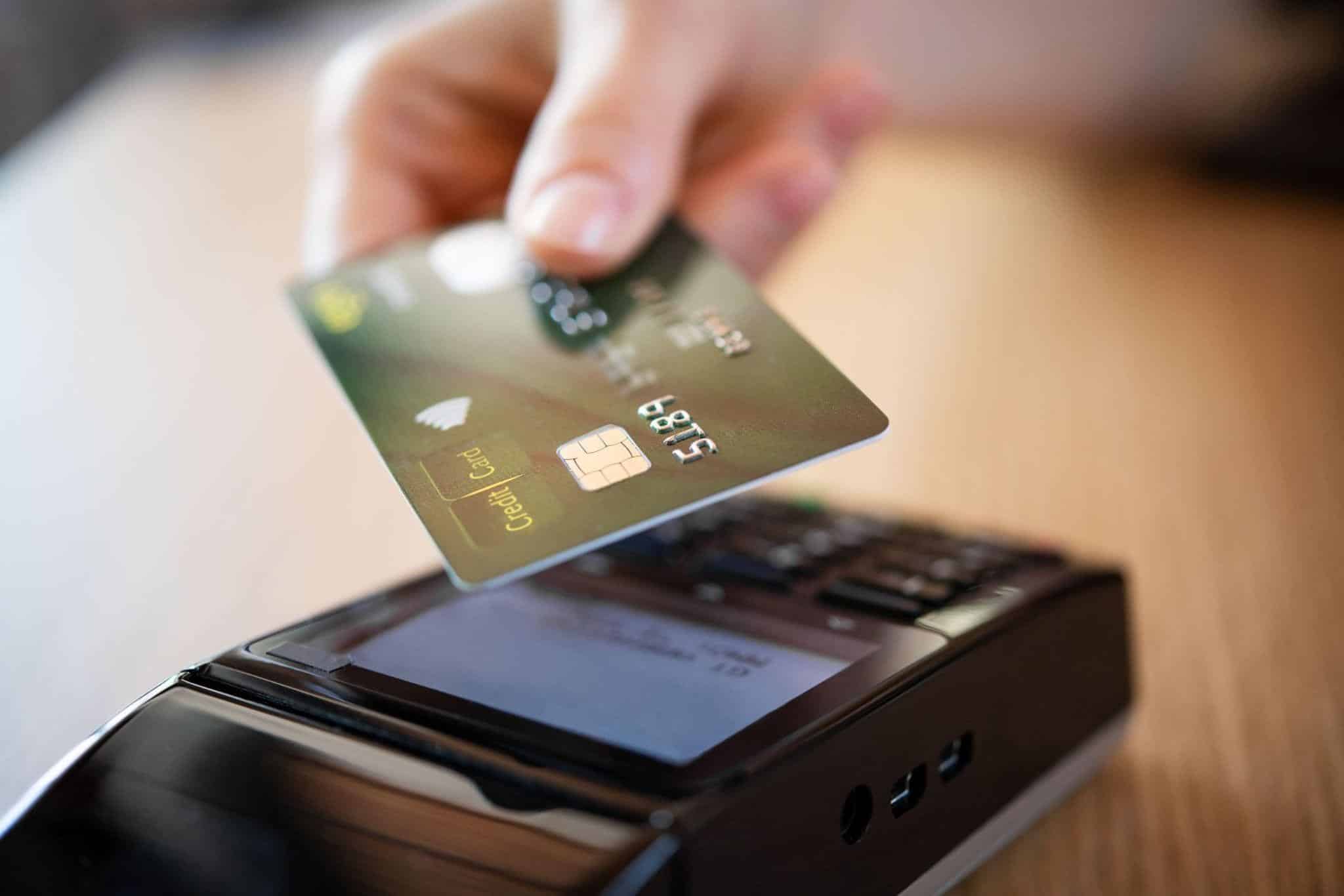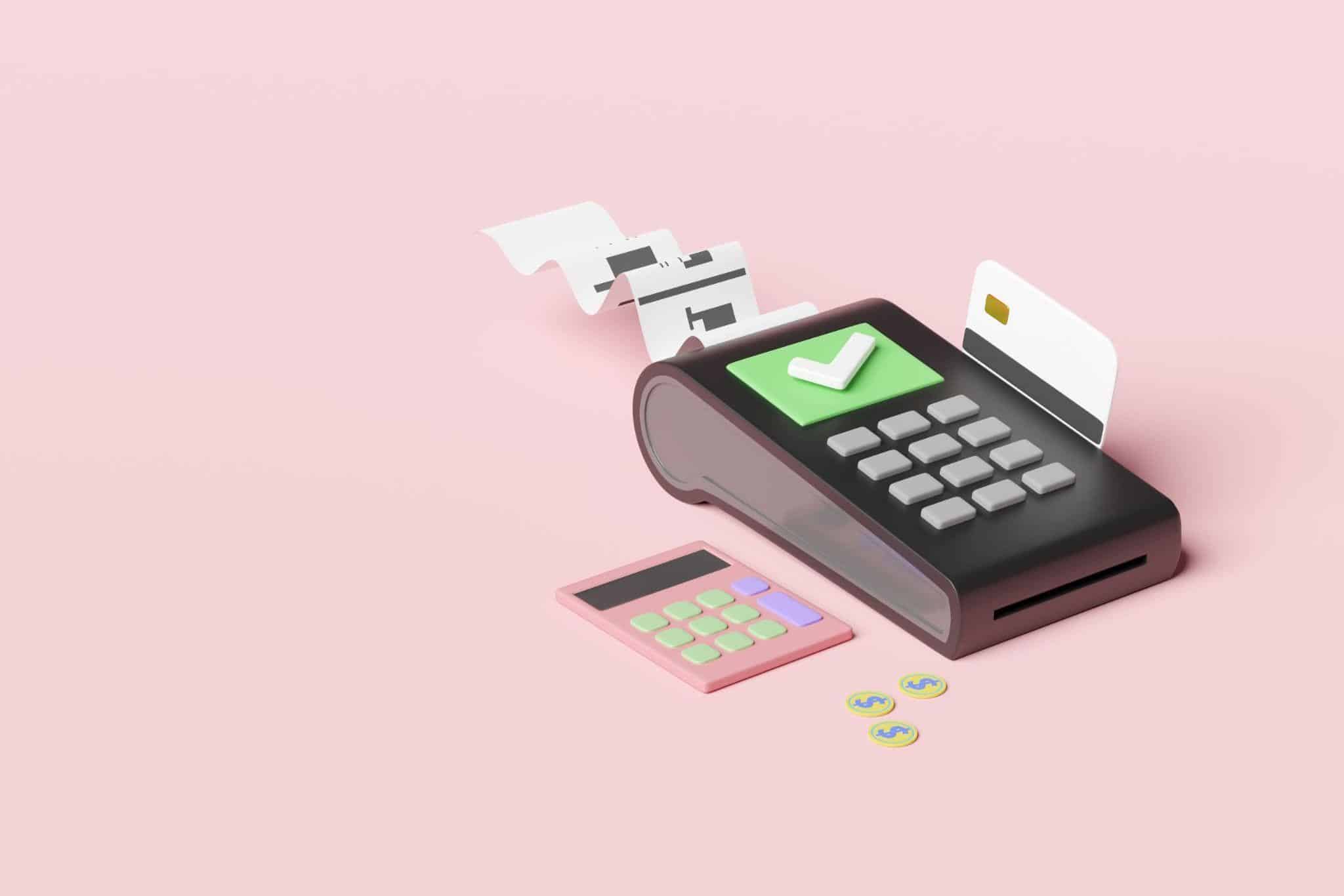In a world where every transaction matters, having a seamless way to handle payments is crucial for any business. Payment processing might seem like a behind-the-scenes operation, but it’s the heartbeat of every sale, ensuring that your customers’ payments are handled smoothly and securely.
The professionals at First City Payments understand the importance of getting this right. Our state-of-the-art devices and dedicated support team are here to ensure that every transaction goes off without a hitch. In this blog, we’ll break down what payment processing is, why it’s vital for your business, and how our solutions can keep your operations running effortlessly.
How it Works
Payment processing is the mechanism that allows businesses to accept and manage transactions from customers. When a customer makes a purchase using a credit or debit card, several steps occur behind the scenes to ensure that the payment is approved and the funds are transferred smoothly.
Here’s a simplified breakdown of how it works:
- Initiation: The customer swipes, inserts, or taps their card on a payment terminal or enters their payment information online.
- Authorization: The payment information is sent to the payment processor, which communicates with the card issuer to verify the transaction and ensure the customer has sufficient funds.
- Authentication: The card issuer either approves or declines the transaction based on its validity and available balance.
- Settlement: Once approved, the payment processor facilitates the transfer of funds from the customer’s bank to the business’s merchant account.
- Confirmation: Both the business and the customer receive confirmation of the successful transaction.
All of this happens in a matter of seconds (hopefully not much longer than that), but because of the parties involved, the distance the data covers, and the secure nature of requests, these short processes often incur high overhead costs that are passed on to the merchant.
Benefits of Payment Processing for Businesses
Implementing a payment processing system offers several key advantages for businesses, enhancing both operational efficiency and customer satisfaction. Here’s how:
Cost Savings
- Reduced Processing Fees: Modern POS system solutions can reduce merchants’ processing fees, which tends to be one of the biggest obstacles that small businesses face when accepting credit card payments.
Convenience and Speed
- Streamlined Transactions: Payment processing systems speed up the transaction process, reducing wait times for customers and improving the overall shopping experience.
- Multiple Payment Methods: Businesses can accept a variety of payment options, including credit and debit cards, digital wallets, and mobile payments, catering to customer preferences and increasing sales opportunities.
Increased Sales
- Attract More Customers: By accepting various payment methods, businesses can appeal to a broader customer base and increase the likelihood of completing sales.
- Online Sales Growth: E-commerce businesses benefit from integrated payment solutions that simplify online transactions and reduce cart abandonment rates.
Enhanced Security
- Data Protection: Modern payment processing systems use advanced encryption and fraud prevention measures to safeguard sensitive financial information.
- Compliance: Payment processors adhere to industry standards and regulations, such as PCI DSS (Payment Card Industry Data Security Standard), to ensure secure transactions and protect against data breaches.
Types of Payment Processing Devices
Payment processing devices come in various forms, each tailored to different business needs. Traditional card readers, or terminals, are the most common and are typically used in physical retail settings. These devices are reliable and straightforward, making them ideal for businesses that handle in-person transactions.
Mobile payment solutions offer flexibility for businesses on the go. These compact, portable card readers connect to a smartphone or tablet, allowing transactions to be processed anywhere, whether at a trade show, a market stall, or even in the field. This type of device is perfect for businesses that need to accept payments outside a fixed location.
Integrated payment solutions represent a more advanced option, combining payment processing with point-of-sale (POS) systems. These solutions streamline the transaction process by linking directly with inventory management, sales tracking, and customer relationship systems. Integrated systems offer comprehensive functionality for managing all aspects of sales and financial data, making them ideal for businesses that require more than just basic payment processing.
Why Choose First City Payments?
Choosing the right payment processing partner is vital for ensuring smooth and secure transactions. First City Payments stands out with its commitment to quality and exceptional customer service. Our payment processing devices come with a 1-year warranty, providing you with peace of mind and assurance that your investment is protected. This warranty underscores our confidence in the reliability and durability of our products.
In addition to our robust warranty, we offer local on-site support to address any issues you might encounter. Our team of experts is readily available to provide assistance and ensure that your payment processing system operates seamlessly. This local support means that help is always close by, reducing downtime and keeping your transactions running smoothly.
By choosing First City Payments, you benefit from top-notch devices backed by reliable support, allowing you to focus on growing your business rather than worrying about payment issues. To learn more about how our solutions can enhance your payment processing experience, contact us today. Let us help you streamline your transactions and provide the best possible service to your customers.

